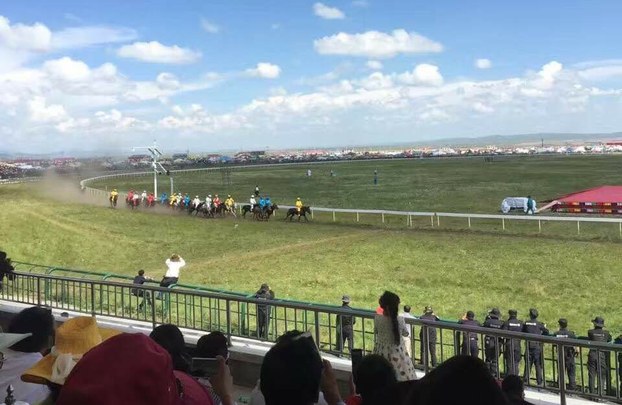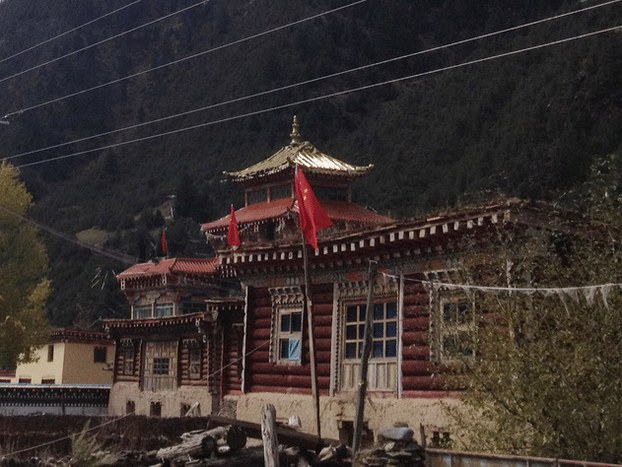The tenth annual Machu Grassland Festival and Gesar Horse Race were carried out this month in China’s Gansu province despite the heavy presence of armed paramilitary police and plain clothes security officers. The festival, named after a legendary warrior-king and Tibetan national hero, drew large crowds who were said to have been driven by a sense of Tibetan solidarity.
The festival also included polo matches and animal exhibitions, yet some said it felt more like a war zone due to the heavy security. Although the festival was approved by officials, there was an obvious effort to discourage any demonstrations or protests that might occur. China often touts its tolerance of traditional Tibetan festivals as a sign of stability and progress, but this does not stop authorities from sometimes closing down events for fear of spontaneous unrest. Other examples of “security” measures include the dramatic expansion of the powers of military and police backed by propaganda activities and electronic surveillance in Tibetan areas, as well as the barring of foreign visitors and media.
Just days before the Machu Grassland Festival, Chinese officials banned another festival in Sichuan province. The gathering, in which villagers burn juniper branches in hopes of spurring timely rainfall and a good harvest, was cancelled after the participants refused to fly the Chinese national flag at the events.
Despite the tense climate created by traditional gatherings, there has been record attendance in recent years as Tibetans strive to assert their own national identity. The Monlam Chenmo Festival this past February – which the International Campaign for Tibet praised as “a testimony to Tibetan resilience and the determination to express their religious identity, even in the face of an intimidating security presence and increasingly pervasive ‘grass roots’ surveillance measures” – also saw record crowds.
As suggested, the growing attendance at such events is perceived by many as a hopeful sign, as Tibetans are continuing to preserve their culture both inside and outside of Tibet. By carrying out traditional activities in the face of an occupying force, Tibetans are persevering– and are able to do so without sacrificing their commitment to nonviolence.






 Print
Print Email
Email